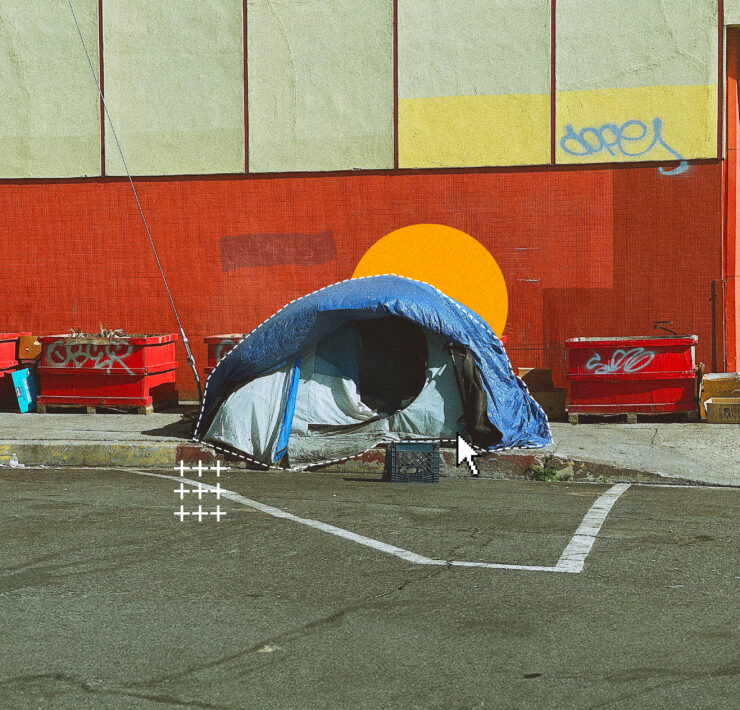
As climate experts and activists scramble to slow down the effects of global warming, it appears the richest of the rich are doing their part to speed up climate change.
According to a new Oxfam report, the world’s richest 1 percent generated as much carbon emissions as the poorest two-thirds in 2019.
“The super-rich are plundering and polluting the planet to the point of destruction, leaving humanity choking on extreme heat, floods and drought,” said Amitabh Behar, Oxfam International’s interim executive director.
Additionally, carbon emissions of the world’s richest 1 percent surpassed the total amount generated by all car and road transport. thanks to their yachts, mansions and global investments, a dozen of the world’s billionaires generated just as much greenhouse gas emissions as 2 million average households. That includes big names like Microsoft founder Bill Gates and Amazon founder Jeff Bezos.
“Billionaires generate obscene amounts of carbon pollution with their yachts and private jets—but this is dwarfed by the pollution caused by their investments,” said Alex Maitland, Oxfam International’s inequality policy adviser.
Experts plan to use Oxfam’s report to call for world leaders to “end the era of extreme wealth,” according to Behar. Policy stakeholders are gearing up for this year’s U.N. climate conference, and advocates will use this data to explain why the uber-wealthy should be taxed on their carbon emissions.
According to the Oxfam report, which advocates for a new set of taxes on corporations and billionaires, a 60 percent tax on the incomes of the richest 1 percent would cut emissions by more than the total emissions of the UK and raise $6.4 trillion a year to pay for the transition away from fossil fuels to renewable energy.
“That’s been a huge issue in climate justice — countries don’t want to pay for what they have done in the past,” said David Schlosberg, director of the Sydney Environment Institute at the University of Sydney. “So the interesting thing here is, okay, let’s not talk about historic responsibility, but current responsibility.”






















